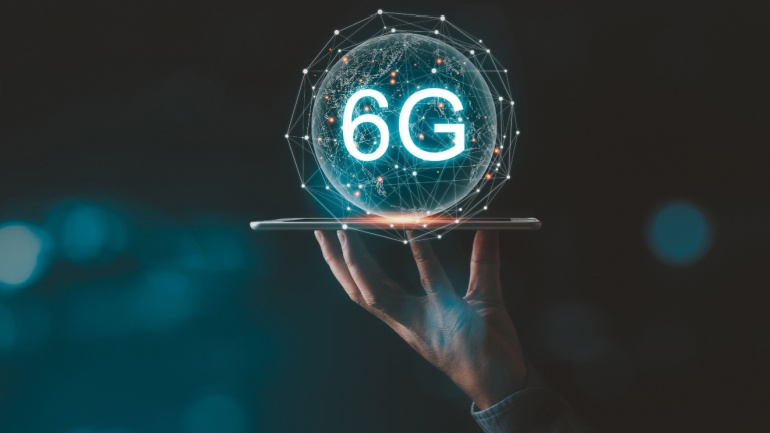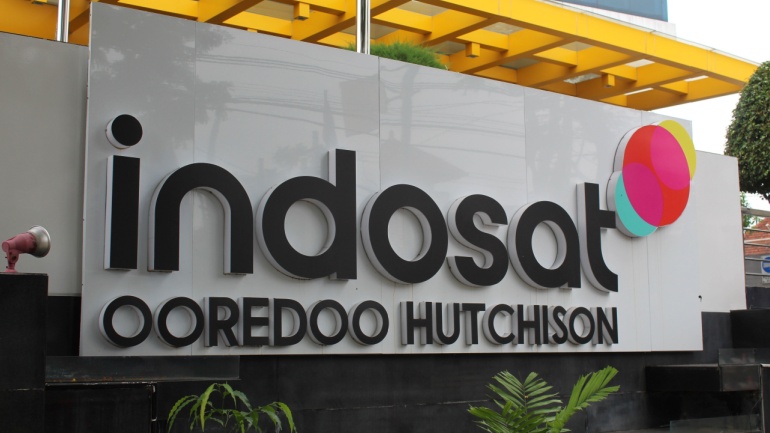The new Artificial Intelligence (AI) Act in the European Union heralds a comprehensive regulatory framework for AI development and usage, with major provisions taking effect by August 2024. Central to VoIP technology, the Act categorizes AI systems by risk levels, implementing stringent regulations for high-risk categories, ensuring security and transparency in AI-driven communications.
ARG’s AI-Enabled Communications Market Insights & Decision Guide, reveals that businesses expect AI to impact their roles. A survey by Next DLP found that 73% of security professionals used unauthorized SaaS apps. The University of Sheffield’s National 6G Radio Systems Facility aims to establish the U.K. as a leader in 6G technology. Brazil’s telecom regulator Anatel has issued 66 licenses for private 5G networks.
Accenture has announced its agreement to acquire Fibermind, an Italy-based network services company specializing in fibre, 5G network deployment, and infrastructure engineering. This acquisition aims to bolster Accenture’s capabilities and extend its network services to clients in telecoms, utilities, and transportation sectors.
Telefónica Tech and IBM have partnered to leverage the growing interest in AI among businesses. Initially focused on Spain, this collaboration aims to address various digital transformation challenges that companies face, particularly in integrating and maximizing data analytics and AI, including generative AI (GenAI).
Indosat Ooredoo Hutchison (Indosat or IOH) and Google Cloud have announced an expansion of their strategic alliance, focusing on transforming Indosat into an AI-driven technology company. This partnership aims to leverage Indosat’s extensive network and data with Google Cloud’s advanced AI tools to enhance services for over 100 million customers and offer AI solutions for businesses across Indonesia.
In collaboration with the i2CAT Foundation, Vodafone is advancing an automated multi-vendor management system tailored for Open RAN. This initiative aims to streamline the integration of diverse hardware and software components from multiple vendors, a key feature of Open RAN technology.
OpenAI has unveiled a deepfake detector specifically designed to identify content generated by its image creator, DALL-E. Initially, this tool will be available to a select group of disinformation researchers for practical testing. In the ever-evolving realm of cybersecurity, technologies like AI-driven deepfake detection, real-time monitoring, and advanced data analytics are reshaping digital security and authenticity. These innovations, often led by startups, are significantly improving the identification of manipulated content, thereby fostering more secure digital environments, according to GlobalData, a prominent data and analytics firm. Vaibhav Gundre, Project Manager for Disruptive Tech at GlobalData, highlighted the growing sophistication of AI-generated deepfakes, which pose substantial risks to individuals, businesses, and society. He noted that advanced detection methods, powered by machine learning, are increasingly effective in identifying and flagging manipulated content. These tools employ techniques such as analyzing biological signals and leveraging powerful algorithms to defend against the misuse of deepfakes for…
In a bid to expedite the advancement of 6G software, tech behemoth Samsung and chip design firm Arm have joined forces to delve into parallel packet processing technology. This cooperative effort will see Samsung Research launching an open-source initiative in conjunction with Arm to collectively innovate and refine parallel packet processing technology.
Telefónica Tech has entered into a collaboration with Microsoft to enhance its cybersecurity services by incorporating Microsoft’s AI tools. This partnership aims to provide customers with proactive, integrated, and automated real-time security management.
Indonesian telecom operator Indosat Ooredoo Hutchison has unveiled impressive financial results for the first quarter of 2024, alongside highlighting strategic partnerships with global tech giants Nvidia, Cisco, and Mastercard. In Q1, Indosat recorded total revenue of $873 million, marking a robust 15.8% year-on-year increase. Earnings before interest, taxes, depreciation, and amortization (EBITDA) surged by 22.1%, with an EBITDA margin of 47.0%, while net profit soared by 39.4% to reach $82 million.













